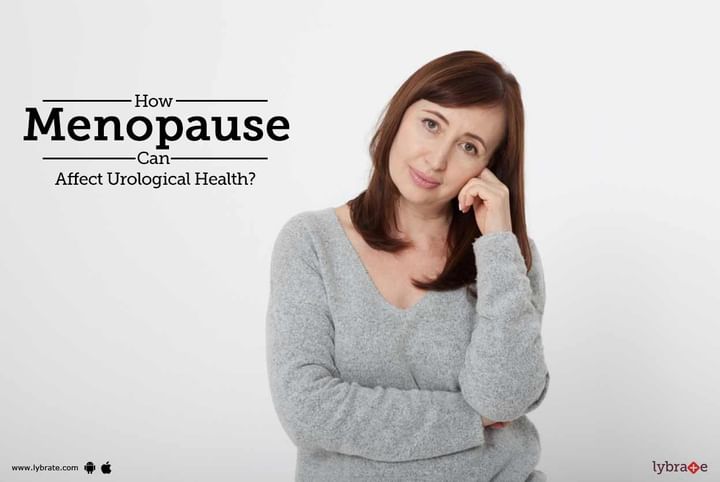How Menopause Can Affect Urological Health?
Menopause is a phase that every woman goes through. As a woman ages, her hormones fluctuate, and she experiences certain symptoms that she wouldn’t have experienced when younger. One cannot ignore the health issues that are caused as a result of menopause. These menopausal changes can affect urological health too. Let us look at this effect in detail.
Menopause in simple terms can be summed up as the end of a woman’s reproductive cycle. The symptoms can begin before you stop menstruating or in some cases even after. This phase usually begins after the age of 40 and in some rare cases can occur even earlier such as health conditions that might have affected the ovaries. Natural menopause does not happen overnight, and it is a gradual transition, which usually lasts for several years. The symptoms kick in when the ovaries start to produce less estrogen, and the process continues till the last eggs are produced.
Symptoms of menopause:
Some of the common symptoms of menopause are hot flashes, vaginal dryness, mood swings, irritability, and painful intercourse. Also, there could be some urological symptoms, these should be noted as they could be an indicator of other health risks or disorders.
Urological Health during Menopause:
Urological health would most often be ignored when passing through such a crucial phase as menopause. However, it is advisable to consult a doctor regarding any urological changes and symptoms that is experienced during this phase.
- One of the most common complaints during menopause is urinary tract infections. The frequency of these infections increases during or after menopause. These infections occur due to the reduced levels of estrogen. Though the condition fades gradually, drinking plenty of fluids and eating food high in fiber will be helpful. If necessary ask your doctor to prescribe a topical estrogen cream.
- Another common complaint is incontinence. This is also caused by the reduced levels of estrogen in the body. It can lead to urinary infections and uncontrollable bladder discharge. There are also several other factors that can result in incontinence such as lifestyle and the type of food consumed. Regularizing your diet and having a regular exercise pattern could be beneficial. Discuss any changes that you can and should make with your doctor.
- The risk of kidney infections and diseases also increases with menopause. The chance of developing kidney stones is also greater.
- In addition to the symptoms of infection any pain while passing urine or blood in the urine should be brought to the attention of your doctor immediately. This will ensure that you receive the medication and care you require quickly. Drinking plenty of fluids, eating nutritious food and leading a healthy lifestyle will be beneficial.
In case you have a concern or query you can always consult an expert & get answers to your questions!



+1.svg)
